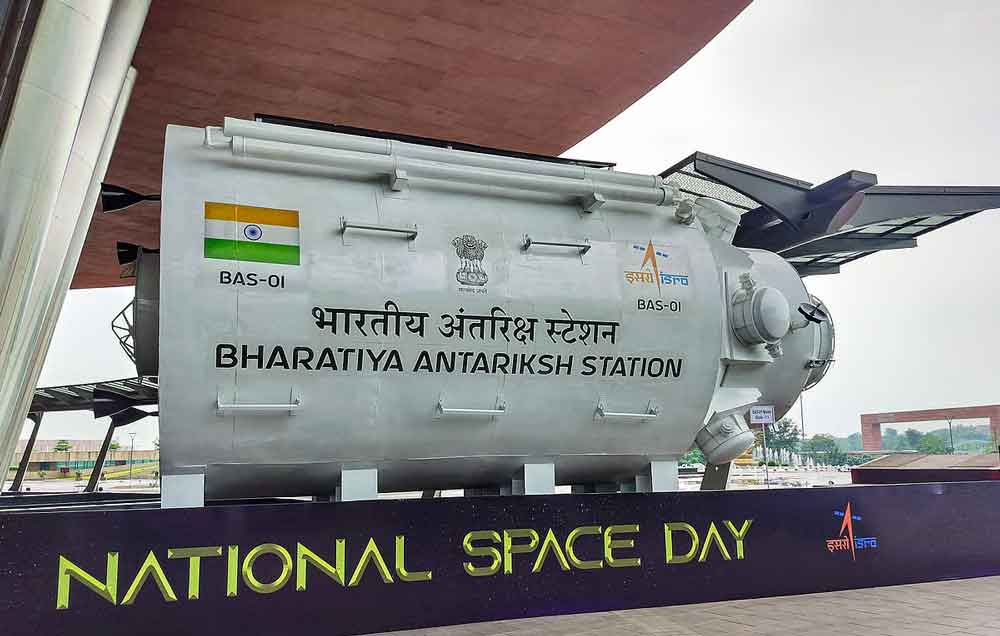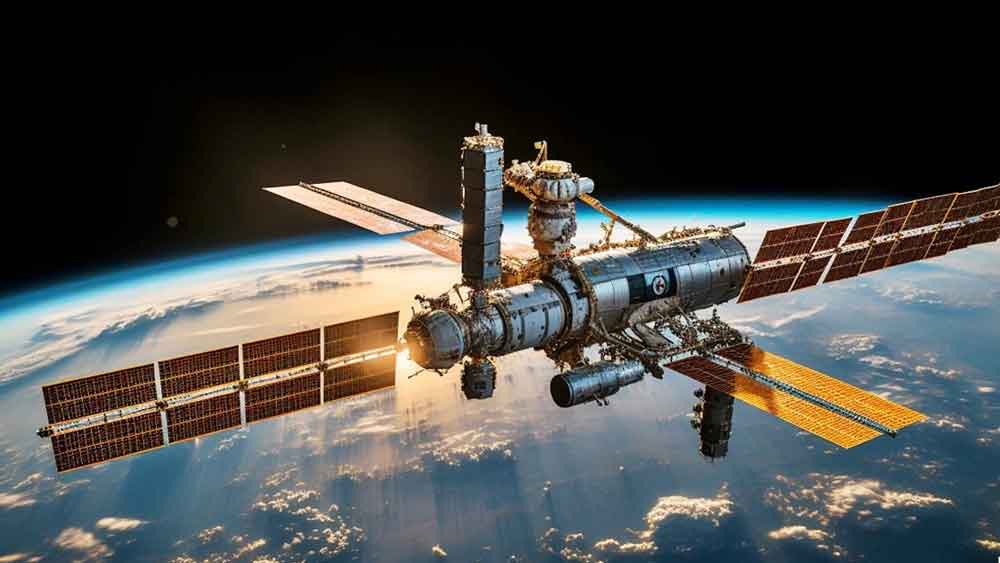India plans to form a diversified astronaut pool for upcoming human spaceflight missions. During his National Space Day video speech, Prime Minister Narendra Modi announced the launch of the program. In order to assist India fulfil its dream of space exploration, he encouraged young people to join this astronaut pool. India's strategy for long-term human spaceflight missions depends heavily on its astronaut pool. The nation plans to launch its own astronauts into space with the Gaganyaan mission by 2027.

This initiative is a part of India's larger space goals, which also include the Bharatiya Antariksh Station (Indian Space Station) and the Gaganyaan expedition. Women and others from all walks of life will be included in the astronaut pool, which will not be restricted to Air Force members. The action is consistent with worldwide trends of space exploration by researchers and entrepreneurs.

Four Indian Air Force (IAF) test pilots, Group Captains Shubhanshu Shukla, Prashanth Nair, Angad Pratap, and Ajith Krishnan, underwent astronaut training in Russia and India for the first Gaganyaan flights. Pilots with experience were required, therefore the first group of astronauts had to be chosen from the Indian Air Force. The vehicle is still being developed and tested for the first flights.

India's goal of long-term human spaceflight missions depends on this pool. According to the present plan, India wants to launch a human mission to the Moon by 2040, establish the Bharatiya Antariksh Station by 2035, and send its own astronauts to space with the Gaganyaan mission by 2027. Eight flights — two crewed and six uncrewed — have been authorised by the government thus far as part of the Gaganyaan mission. The Bharatiya Antariksh Station's initial module will also be transported by one of the six uncrewed missions.
The PM has also spoken about using private companies to increase the nation's launch frequency. Currently, five or six significant launches from Indian territory occur each year. In order for the country to launch 50 rockets annually over the next five years, he would like the private sector to take the lead. Since its opening in 2020, the space industry has seen the establishment of more than 300 startups so far.
Image source: Indian Express, India Today